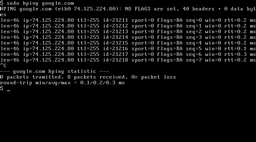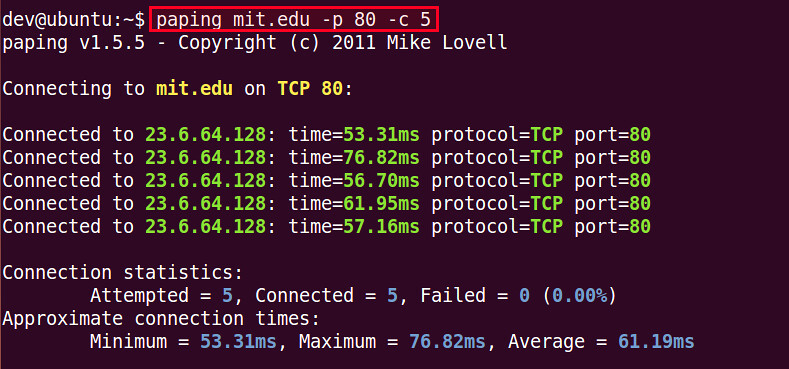How To Install Hping3 On Windows
Testing firewall rules with Hping3 - examples. Xmas Scan: This scan sets the sequence number to zero and set the URG + PSH + FIN flags in the packet. If the target device's TCP port is closed, the target device sends a TCP RST packet in reply. If the target device's TCP port is open, the target discards the TCP Xmas scan. Packet crafting is the art of creating a packet according to various requirements to carry out attacks and to exploit vulnerabilities in a network. It’s mainly used.
Failed to load latest commit information. Hping3 README file antirez@invece.org DESCRIPTION hping3 is a network tool able to send custom TCP/IP packets and to display target replies like ping do with ICMP replies. Hping3 can handle fragmentation, and almost arbitrary packet size and content, using the command line interface. Since version 3, hping implements scripting capabilties, read the API.txt file under the /docs directory to know more about it.

As a command line utility, hping is useful to test at many kind of networking devices like firewalls, routers, and so. It can be used as a traceroute alike program over all the supported protocols, firewalk usage, OS fingerprinting, port-scanner (see the -scan option introduced with hping3), TCP/IP stack auditing. It's also really a good didactic tool to learn TCP/IP. Using Tcl/Tk scripting much more can be done, because while the hping3 packet generation code is actually the hping2 put there mainly for compatibility with the command line interface, all the real news are about scripting. See the libs directory for example scripts.


How To Install Hping3 On Windows
To run the example scripts type: hping3 exec ScriptName.htcl hping3 is developed and manteined by antirez@invece.org with the help of other hackers, and comes under GPL version 2 of license. Development is open so you can send me patches/suggestions/affronts without inhibitions. Please check the AUTHORS file for a list of people that contribued with code, ideas, bug reports. Also vim developer, ee.lbl.gov for tcpdump and GNU in general.